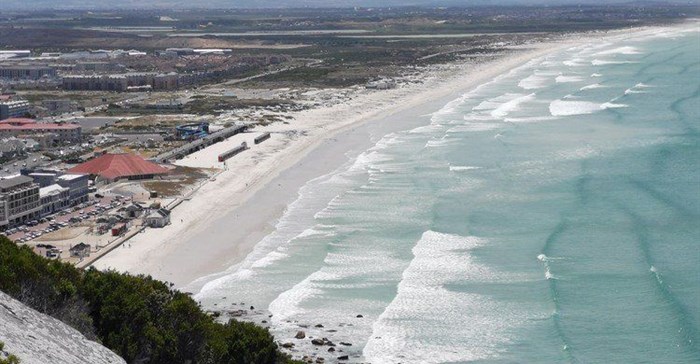Here's how to fight anti-vaccine propaganda

One particularly troublesome charlatan, who predicted the gods would set fire to Rome, was brought before Aurelius for judgement. The emperor decided to spare his life, not because Aurelius was a liberal — he certainly wasn’t — but because he did not wish to make a martyr of the man.
This story is a reminder of two things: Both epidemics and charlatans are a fact of human society. Covid-19 is neither the first nor last plague humanity will face. Also, Aurelius’s wise response suggests that the best way to deal with charlatans, pseudo-scientists, quacks and conspiracy theorists is to figure out how to starve them of their oxygen: public adulation.
In contrast to the Antonine plague, we have medical interventions that can effectively be used against Covid-19. There are at least three effective and sufficiently safe vaccines. More are coming. President Cyril Ramaphosa has promised that South Africa will get 20-million doses, hopefully soon.
Yet on Tuesday morning on Twitter an anti-vaccine topic is trending. Last week cell phone towers in KwaZulu-Natal were reportedly burnt, apparently motivated by the false belief that 5G networks spread Covid-19. South Africa’s Chief Justice Mogoeng Mogoeng courted controversy with a scattered anti-vaccination sermon. An ANC councillor in eThekwini spread vaccine conspiracies on messaging platforms. Astonishingly, a nursing union is prevaricating about vaccination.
An international survey released by Ipsos in November showed that the South African respondents were the fifth most hesitant group in the 27 countries surveyed. According to the survey, 36% of the South African respondents indicated that they would not get the vaccine if it became available.
In 2014, when the government was attempting to vaccinate school-age girls against human papillomavirus (HPV), which causes cervical cancer, negative social media posts were cited as a key and unexpected reason for hesitancy towards the vaccine. A mass SMS campaign targetted at parents in Mpumalanga cited an article from a notorious conspiracy theory website in its misinformation campaign.
A study that followed the Facebook response to the Western Cape government’s 2019 school-based HPV vaccination drive found that 33% of the responses would be classified as vaccine hesitant.
How best can we respond to anti-vaccine sentiment?
Many organisations, including GroundUp, are writing article upon article explaining the science of how the disease works, and how medicines and vaccines work, as well as debunking false theories. But you can write such articles till you are blue in the face; it will only take you so far. And attacking the charlatans, as Aurelius found, can be counter-productive.
Many people are persuaded by the example set by people they trust or look up to.
We propose that some of the first consignments of vaccine doses to reach South Africa be put aside for influential people to take publicly. Imagine the message which would be sent if Cyril Ramaphosa, John Steenhuisen and Julius Malema, the leaders of the three biggest political parties, get vaccinated together, along with Minister of Health Zweli Mkhize? They could be joined (or followed) by the heads of the nursing unions, and the country’s religious leaders. How wonderful it would be if Chief Justice Mogoeng Mogoeng was publicly vaccinated?
Perhaps a few celebrities too: Khanyi Mbau, Bonang Matheba, Connie Ferguson, Somizi.
And of course some sports stars as well: Caster Semenya, Kagiso Rabada, AB de Villiers and Percy Tau. Siya and Rachel Kolisi are perhaps the country’s most beloved couple: wouldn’t it be great if they committed now to getting vaccinated publicly?
We hope all the people mentioned in this article and others will take up this challenge and that the health minister and president will support them. It’s likely to be a few weeks before the first vaccines arrive. But famous people can do their share now by publicly pledging to get vaccinated.
Source: GroundUp

GroundUp is a community news organisation that focuses on social justice stories in vulnerable communities. We want our stories to make a difference.
Go to: http://www.groundup.org.za/




















